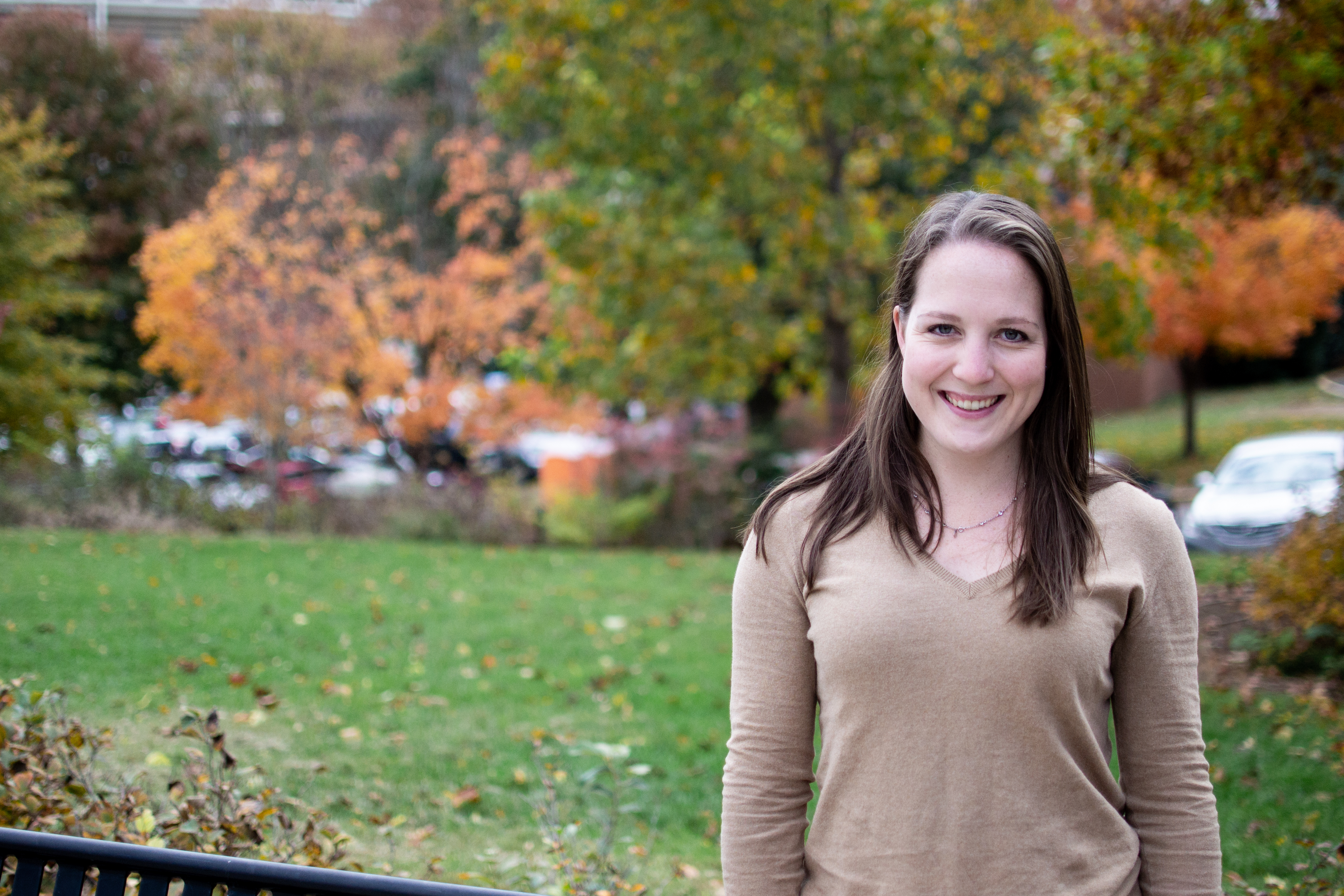Spatio-Temporal Models of Gun Crime In Chicago, IL.
Date:
Recording of the presentation thanks to Lucas G.
Gun crime is a major public health concern in the United States. In Chicago, Illinois, gun crime incurs a significant cost of life along with monetary costs and community unrest. The overall purpose of this work is to create a cellular automata model of the epidemic spread of gun crime in Chicago. To create that model, t-test analyses of temporal patterns, a Bayesian point process model, a negative binomial Bayesian subset selection, and a k-selection algorithm are used. The cellular automata model tracks the crime levels in each community area and the transmission of crime is based on socio-economic conditions within the communities and the “infectivity” of crime. We find that poverty, unemployment, and the percentage of the population in a community that is dependent are significantly associated with both initial crime levels and crime spread. We also find that there are significant temporal patterns of gun crime in Chicago and that, specifically, the implementation of stay-at-home orders in response to the COVID 19 pandemic impacted crime dynamics in Chicago, Baltimore, and Baton Rouge. In simulations of the model, we find that the model is more sensitive to some parameters than others. The results from this model can be used to create evidence-based policies in order to reduce gun crime in Chicago and other cities nationwide.
